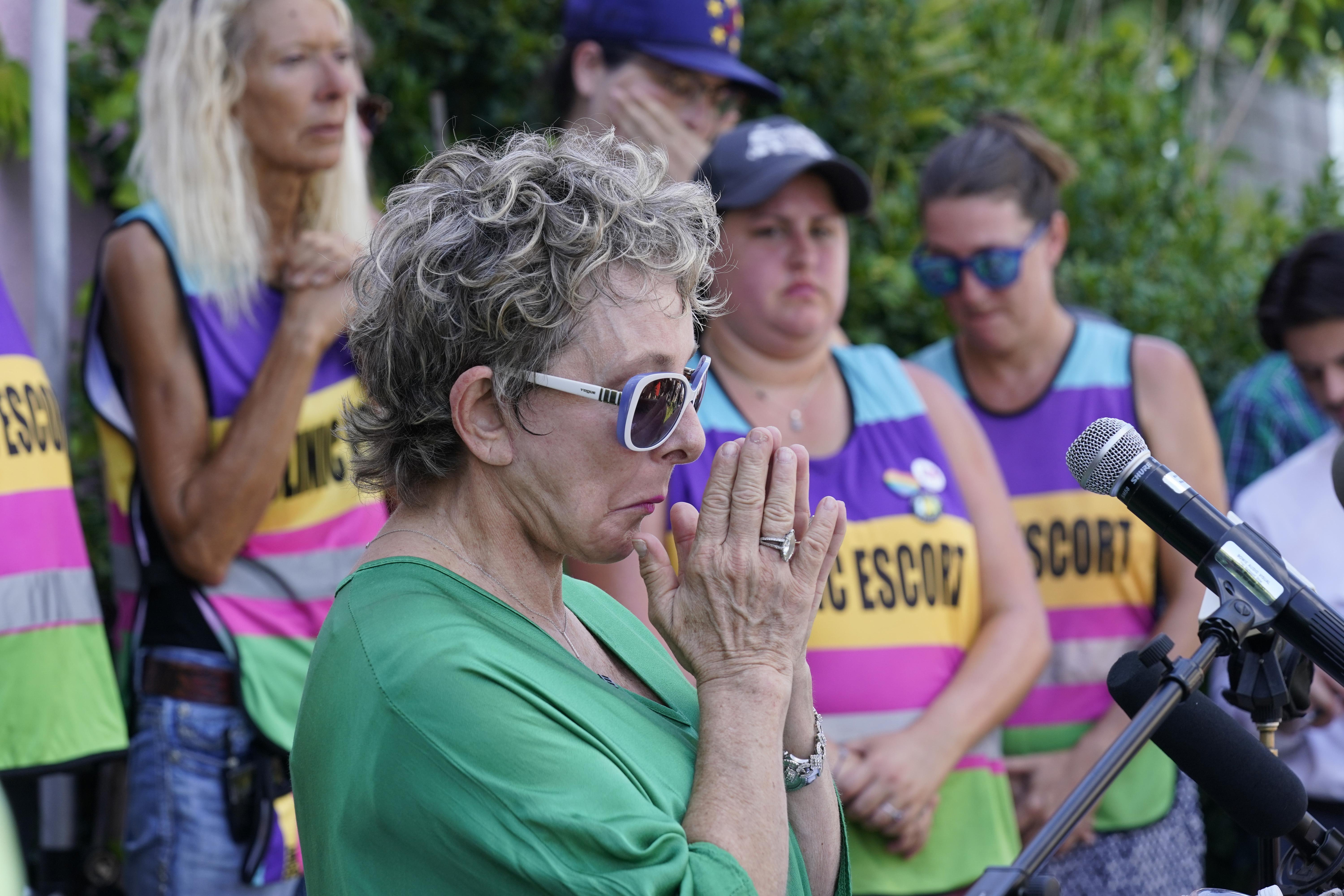“Yes, the work is harder,” said Michelle Colon, executive director of SHERo. “Yes, the work is more stressful. But we didn't lose, because we're still here.”
SHERo is a Mississippi-based reproductive justice organization that provides information and practical support to women seeking abortion care. Colon said this ranges from transporting a patient to and from an appointment, holding fundraisers to get patients the money needed for care and more.
“It doesn't matter what we have to do as long as we can get them to get the abortion care that they were seeking,” she said.
Colon has made many round-trips from Mississippi to Illinois over the past two years to help women get abortions. The Planned Parenthood in Carbondale is the closest clinic to Mississippi, over 400 miles from Jackson.
While that trip is hard, Colon has seen the weight lifted when women can access the care they want. She recalls one of the first trips she made following the Dobbs decision. The woman she was helping felt scared and nervous the entire six-hour drive to the clinic. That changed as soon as the two left.
“She said, ‘I don't feel nauseated anymore, I feel so relieved,’” Colon said. “We went to dinner … and it's like the color came back to her face. She was back to her normal self, and that's what made me happy.”
Along with on-the-ground support, Colon’s organization also provides information to women looking to self-manage their abortion with medications, like mifepristone. These pills are often obtained through the mail from doctors in states that have passed shield laws to protect medical professionals who provide abortion care through telemedicine.
Performing an abortion is illegal in Mississippi and punishable by up to ten years in prison, but that does not apply to pregnant women. Anyone who self-manages an abortion cannot be held liable under current state law.
But while it is more difficult for women in the 14 states with abortion bans — most of them in the Deep South — to access abortion care, this has not decreased the overall abortion rate. According to the Society of Family Planning's WeCount project, the number of legal abortions in the U.S. has increased since the Dobbs decision.
Colon is glad to see the utilization of abortion travel and the abortion pill increasing despite political and legal efforts to restrict them.
“For me, it was a big f*** you to the anti-abortion movement, because I really think that they thought that they had us with this Dobbs decision,” Colon said. “But when they saw that our movement was still going strong, they really revved up their efforts. They started going after not only providers in other states, but they started going after people like me who transport people.”
While some people involved with the abortion rights movement like Colon have stayed in Mississippi post-Dobbs, others, like Diane Derzis, had to leave to continue their work in legal states. Derzis was the last owner of Jackson Women’s Health Organization, the former clinic that was the state’s only abortion provider for nearly two decades.
Derzis said the first time she walked into the clinic, locally known as The Pink House, and saw the women utilizing its services was when she fell in love with Mississippi and its people.
“You're talking predominantly Black and brown women,” Derzis said. "Women that already had multiple children, but wanted a better life for themselves and their children than perhaps they had had. That quickly became, for me, the epitome of what choice meant.”
Shutting down The Pink House devastated Derzis, but she, like many others in the country, pivoted to other legal states. Post-Dobbs, Derzis has opened two new clinics in Virginia and New Mexico, both of which regularly serve women traveling from Mississippi.
The New Mexico clinic opened shortly after The Pink House closed its doors, and though there’s no replacing it, Derzis named this new clinic Pink House West.
“That's how I used the anger and the hurt and whatever else it was and put it into that building,” Derzis said.
As clinics and abortion funds continue the work of the reproductive rights movement, Derzis often wonders how they will regain the massive amount of ground they've lost over the last few years.
“We have to be vigilant,” Derzis said. “I guess I’ll drop dead in front of one of these clinics, but there’s no way to stop the fighting. I'm very disappointed that we're not in the streets, that we're not screaming our heads off. That's what I grew up with.”




